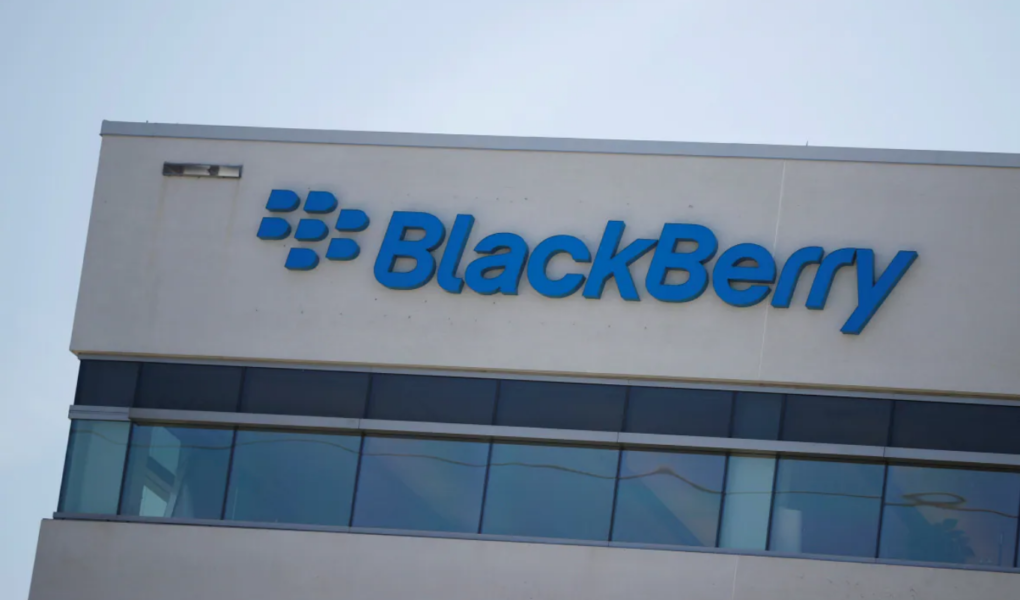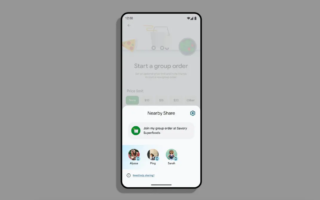On Tuesday, BlackBerry, based in Canada, reported a decline in cybersecurity revenue for the second quarter, attributing it to customers curbing spending amid economic uncertainty. This development caused a roughly 3 percent drop in its shares during extended trading. The company faces stiff competition in the security software sector from Microsoft, Citrix Systems, and International Business Machines, leading to a 7.5 percent decrease in unit revenue to $111 million (approximately Rs. 900 crore) compared to the previous year.
During an earnings call, BlackBerry stated that cybersecurity segment revenue in the third quarter is anticipated to remain flat year-on-year. Conversely, the Internet of Things (IoT) unit, encompassing QNX software for automotive clients, experienced a positive uptick, with revenue climbing approximately 28 percent to $51 million (around Rs. 420 crore) as it secured additional customers.

BlackBerry’s QNX software is now integrated into more than 215 million vehicles globally, driven by increasing demand for electric vehicles and connected-car technologies. The company expanded its clientele by adding major global automakers such as Ford Motor, General Motors, and Hyundai Motor to its existing roster that includes BMW, Honda Motor, Mercedes-Benz, and Toyota Motor.

In June, BlackBerry disclosed a delay in the sale of its patents, primarily associated with mobile devices, messaging, and wireless networking, for $600 million (roughly Rs. 4,900 crore) to a special purpose vehicle.
The overall revenue for the quarter ending August 31 dropped by 4 percent to $168 million (approximately Rs. 1,375 crore), slightly surpassing the consensus estimate of $166.7 million (around Rs. 1,365 crore) according to IBES data from Refinitiv. Excluding items, the company reported a loss of 5 cents per share, narrower than the analysts’ anticipated loss of 7 cents.



